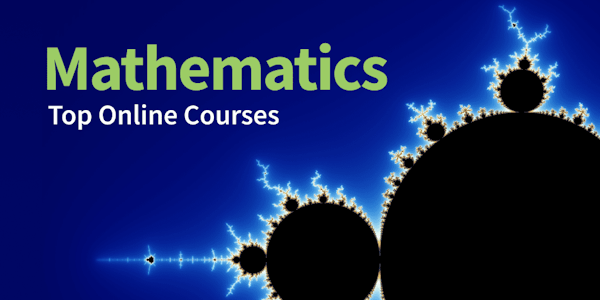This course aims to equip postgraduate students in science, technology, or mathematics with the necessary study skills for successful research. The learning outcomes include understanding the PhD process, developing research skills, and effectively communicating scientific ideas. Students will learn to manage their PhD projects through planning, setting milestones, and overcoming challenges. The course also covers the basics of science communication, including producing scientific papers and engaging with the public. The teaching method involves a combination of theoretical content, practical exercises, and optional readings. This course is intended for postgraduate students pursuing advanced studies in science, technology, or mathematics.
Postgraduate study skills in science, technology or mathematics
The Open University via OpenLearn
-
29
-
- Write review
This course may be unavailable.
Overview
Syllabus
- Introduction
- Learning outcomes
- 1 What is a PhD?
- 1 What is a PhD?
- 1.1 Thoughts on a PhD
- 1.2 Different reasons for doing PhDs
- 1.3 Different models of PhDs within and across disciplines
- 1.4 Broadly typical phases of PhD research
- 1.5 Key dissertation ingredients
- 1.5.1 Rhetoric and rigour
- 1.5.2 Validation and ‘so what’
- 1.6 What is a ‘significant’ contribution?
- 1.7 Demonstration of research skills
- 1.7.1 Research methods in context
- 1.7.2 Knowledge of background literature
- 1.7.3 Framing an appropriate and useful research question
- 1.7.4 Use of academic language
- 1.7.5 Theory
- 1.7.6 Researcher maturity
- 1.8 The OU requirements
- 1.9 Summary and conclusion: ‘take-away messages’
- 1.10 End of section exercise
- 2 Managing your PhD project
- 2 Managing your PhD project
- 2.1 Introduction
- 2.2 Making a plan
- 2.3 Short-term and long-term planning
- 2.4 Planning with Gantt charts
- 2.5 The problem of time
- 2.6 Milestones
- 2.7 Overcoming problems
- 2.8 Other useful reading
- 2.9 End of section exercise
- 3 An introduction to communicating science
- 3 An introduction to communicating science
- 3.1 Introduction
- Optional reading
- 3.2 What is communication?
- Optional reading
- 3.3 Producing a scientific paper: science communication as knowledge production and exchange
- Optional reading
- 3.4 Science communication and citizenship: getting involved
- Optional reading
- 3.5 Conclusions
- 3.6 End of section exercises
- Conclusion
- References
- Acknowledgements

